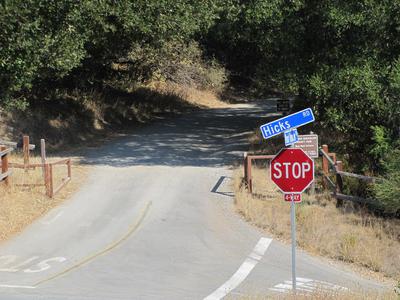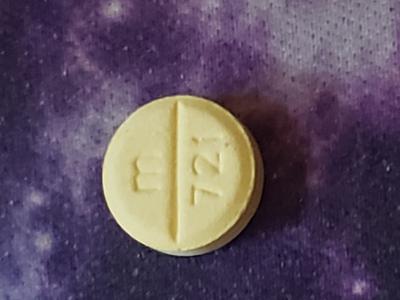
Source: photo by Dave Stahl
“Nerve cells in the substantia nigra produce the neurotransmitter dopamine and are responsible for relaying messages that plan and control body movement. ... When 80 percent of dopamine is lost, PD symptoms such as tremor, slowness of movement, stiffness, and balance problems occur.” The Mayfield Clinic, via Google.
I was sitting in front of the keyboard at a jazz gig at a local winery in May of 2018 when I first noticed my leg shaking more than normal for even a nervous pianist. At the time, I attributed it to the chill on the patio. There WAS a cool wind, with fog pouring over the hill augmenting the chill of diners and musicians. But a few days later, I was sitting at the computer whenmy left leg began to shake again. I was able stop it if I thought about it and made an effort. “Too much coffee, and cold air coming in the window,” I thought. But there were other signs of something being off.
In the following weeks, the leg tremor began showing up as I was driving to jobs in the morning. “Gotta cut down on coffee,” I told myself. By afternoon it would diminish to the point where I no longer thought about it; without a doubt, a denial response. But it persisted to the point where I decided to visit my General Practitioner at Kaiser, who said, “hmmmm,” and referred me to a neurologist. Dr. C gave me a battery of tests for vision, movement, cognitive abilities, and reflexes for 45 minutes but could find nothing definitive.
Next up on that first visit to Neurology was an MRI. If you’ve never had one, it’s “interesting,” and rather unsettling, particularly when it’s examining your brain for markers of neurological conditions. There are loud, weird noises as the magnets fire electricity through the human-sized tube and your head. Half an hour in that ear-blasting mad-scientist contraption showed no signs of any dread disease having invaded my gray matter.
The doctor and I set another appointment for 6 months with plans to see each other every half year.
II
A long time fanatical cyclist, I eventually found myself much less comfortable climbing my favorite local hills. Rides that I’d done in an hour and a half the previous year were now taking closer to two hours. Rides longer than 3 hours were becoming unthinkably difficult. Even when I was pedaling on flat roads, my left leg would lag behind the right and clunk as the pedal eventually caught up with and tensioned the chain. Age, I thought. But the accompanying leg muscle stiffness slowed me more than the normal aging process would account for.
The second visit to the neurologist did not reveal enough deterioration of my faculties during the same tests (though with no MRI, thank goodness) to offer a diagnosis. While I went about my days as if nothing was happening, fatigue would set in on most afternoons by 1 or 2. By evening I’d sometimes feel revitalized, and sometimes I’d feel like a slab of rotting fish.
My wife Jill came with me on the third trip to Kaiser. I was again given the same movement, coordination, and eye tests minus the MRI. The doctor was finally able to diagnose a “mild” case of Parkinson’s Disease.
Parkinson’s, also known as PD, is a neuro-degenerative disease that affects the muscles, and in particular, movement. It’s not going to kill you, but it’s something you can’t “shake” off. It becomes necessary to actually make a mental effort to lift the left leg out of the car. It’s not that you can’t do it, but you have to consciously make the brain-muscle connection rather than it being something you just do without a passing thought. Having been athletic for my entire adult life, I find this new level of un-coordination—maybe “dis-coordination” would be a better description--to be bothersome.
One of the other “bonus” features of PD is loss of balance/dizziness, particularly when one gets up off the couch. Hypo-tension—low blood pressure—can cause a person look for the nearest solid object to hold himself upright, or even to faint.
The tremors come and go, mostly in my left leg, sometimes in my left hand. I see them as more of an irritation than a real disability. I can still work a fairly normal schedule, but I’ve limited my lifting of heavy objects. Being a piano tuner/technician, though, forces me to hoist heavy piano parts, now sometimes with the help of the client.
And then there’s the shuffling. When tired, lifting feet that feel magnetically attached to the floor requires some degree of concentration.
Fatigue is the most bothersome of all the symptoms I’ve encountered so far. Some days I feel really good all day, but there are days when I just want to crawl into bed and sleep for 12 hours. That never happens, in part because sleep patterns are disrupted by PD.
The good news: the best things to alleviate symptoms and slow the progression of PD are exercise, cognitive exercise (things that require thought and movement), and community. I am fortunate that all three are already a big part of my life, via cycling, my involvement in music, and my work.
It is going to be a long and "interesting" voyage through Parkinson’s country.













